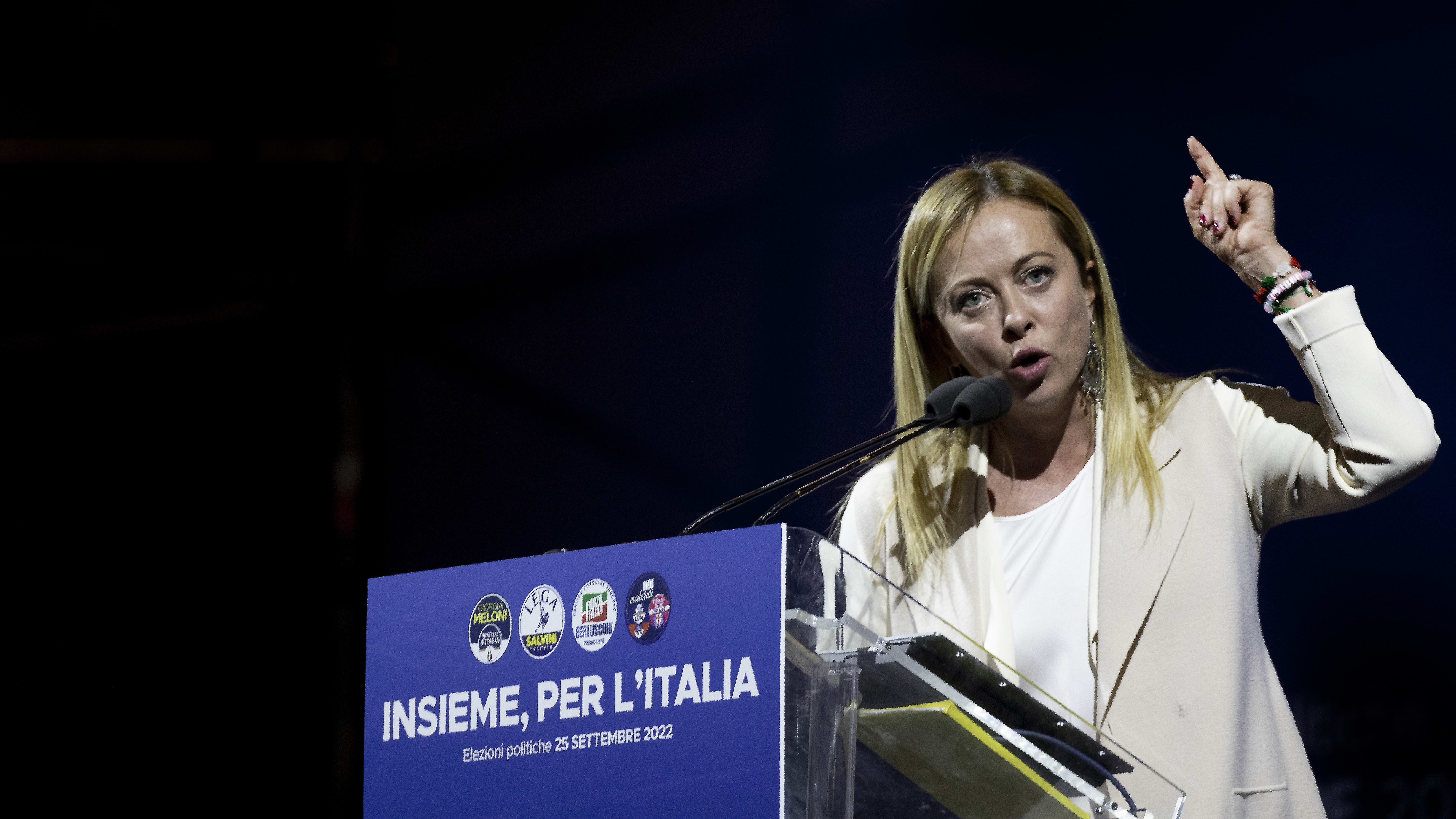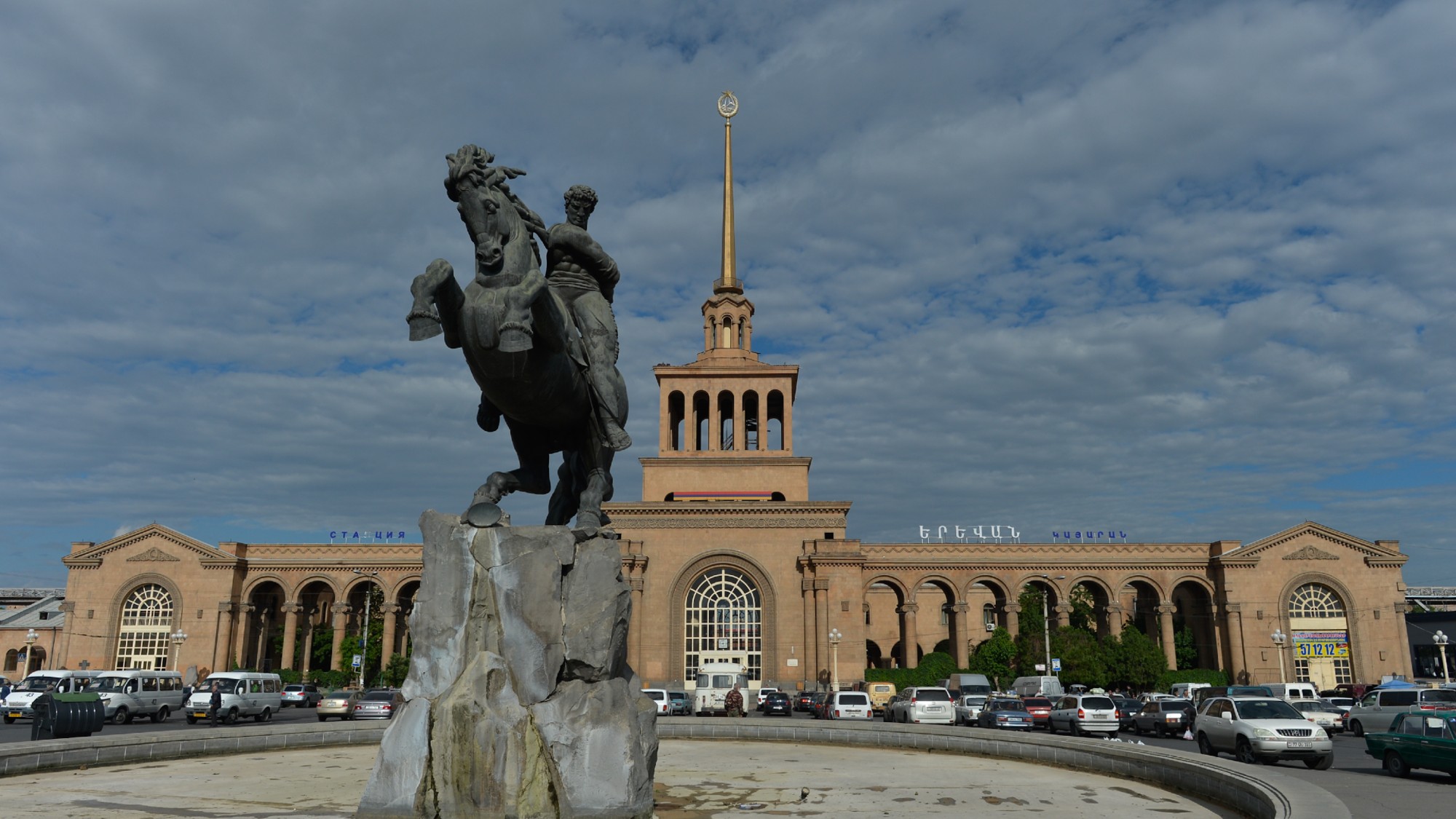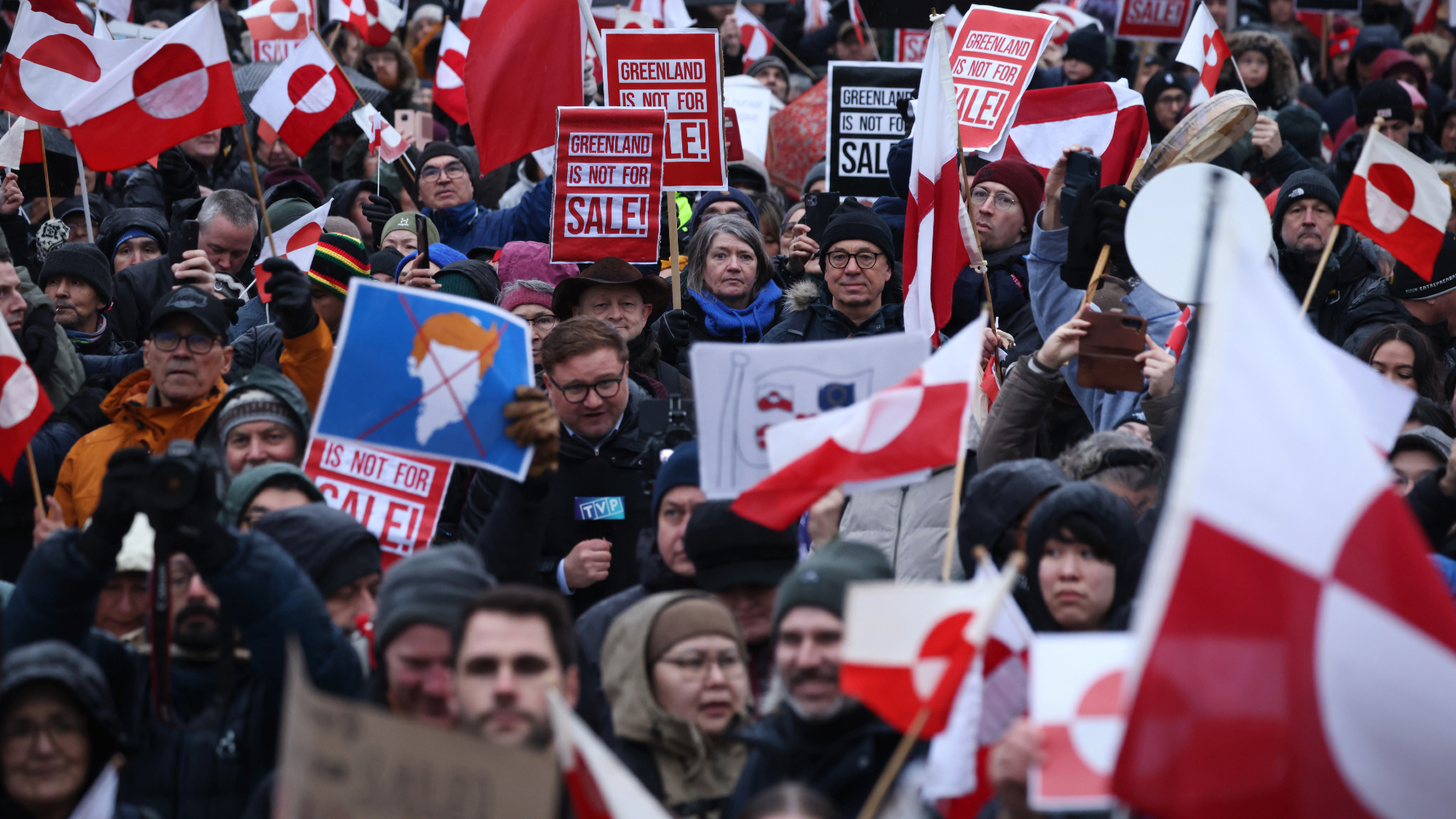Europe's surging far right
Far-right parties in Sweden and Italy just had electoral breakthroughs. Why?

A free daily email with the biggest news stories of the day – and the best features from TheWeek.com
You are now subscribed
Your newsletter sign-up was successful
Far-right parties in Sweden and Italy just had electoral breakthroughs. Why? Here's everything you need to know:
Where is the far right growing?
In the last month, far-right parties in Sweden and Italy shocked the world with their electoral successes. The Brothers of Italy, a descendant of Mussolini's fascist regime, garnered 26 percent of votes to place first in the Italian election — up from 4 percent in 2018. Led by Giorgia Meloni, who has spoken of "LGBT lobbies" and claimed American billionaire George Soros finances "mass immigration," the party uses a fascist slogan and a logo that was created for neofascists in the 1940s. Meanwhile, in Sweden — a country known for tolerance and a robust social safety net — the far-right Sweden Democrats placed second in September elections with 20 percent. The party has roots in a neo-Nazi movement and campaigned on cracking down on soaring violent crime. Far-right parties are also ascendant in France, Germany, Belgium, and Spain. France's far-right National Rally placed second in this year's presidential election, claiming more than 40 percent of votes in its best showing ever.
The Week
Escape your echo chamber. Get the facts behind the news, plus analysis from multiple perspectives.

Sign up for The Week's Free Newsletters
From our morning news briefing to a weekly Good News Newsletter, get the best of The Week delivered directly to your inbox.
From our morning news briefing to a weekly Good News Newsletter, get the best of The Week delivered directly to your inbox.
Why are these parties more popular?
In recent years, a major influx of immigrants from Syria, Iraq, Afghanistan, and Africa has unsettled many Europeans. Islamist terrorist attacks on European soil had already created fear and suspicion of Muslim immigrants, which deepened when impoverished immigrant communities on the outskirts or suburbs of big cities gave rise to violent drug gangs and crime. After taking in 150,000 refugees starting in 2015, Sweden has gone from having one of the lowest per capita rates of deadly shootings in Europe to the highest; just before its recent election, a mother and child were killed by stray bullets during a gang fight at a playground, causing a national furor. "It's getting worse and worse in terms of violent crimes," said Torsten Elofsson, a former police chief who became a candidate for the center-right Christian Democrats. "It worries people." France and Italy also have seen increases in poverty and crime in immigrant communities.
Are there other causes?
Yes. Economic insecurity is rising across the Continent, creating a sense of scarcity and competition for resources. And as Europe becomes more multicultural and power moves from national capitals to the European Union, some people also feel a loss of national identity. It has all combined to lead a growing number of people to embrace nationalist populism and parties that were once stigmatized as extremist and racist. "If your house is burning," said Elofsson, "you call the fire brigade, you don't think about how it started."
A free daily email with the biggest news stories of the day – and the best features from TheWeek.com
What do these parties stand for?
Far-right parties throughout the Continent are united in their support for "law and order," populism, and nativism. Most have a strong authoritarian flavor. In policy terms, the radical right wants to strictly limit immigration, prioritize native-born citizens over newcomers, and rein in the power of educated "elites." Some of these parties have been around for decades — France's National Rally celebrated its 50th anniversary this year — but they were long considered fringe actors with no chance of gaining mainstream support.
Who supports them now?
Far-right voters were once largely male, uneducated, old, and rural. But in recent years, a much wider swath of the population has joined them, including young people. In Sweden, home to climate activist Greta Thunberg, more than 20 percent of 18- to 21-year-olds voted for the Sweden Democrats, even though the party downplays climate change. With many far-right parties promoting traditional gender roles, men continue to outnumber women in their ranks. But now female leaders such as Meloni, the National Rally's Marine Le Pen, and Alternative for Germany's Alice Weidel are encouraging women to reject the rapid pace of demographic and cultural change. "There is evidence the gender gap is shrinking in some countries," said Eelco Harteveld, who researches populism at the University of Amsterdam.
How do far-right parties govern?
When they win elections, they often seek to entrench their control with anti-democratic measures. Since Viktor Orban, leader of the far-right Fidesz party, was elected prime minister of Hungary in 2010, he has gained control of the courts, censored and taken control of the media, and virtually neutered the opposition. His success has made him an icon to far-right leaders around the globe — including in the U.S., where he has been celebrated at CPAC and on Fox News. (See box.) Last month, the European Parliament passed a resolution saying that Hungary "can no longer be considered a full democracy," calling Orban's government a "hybrid regime of electoral autocracy." Poland is next in line for this transformation. Its far-right prime minister, Mateusz Morawiecki from the Law and Justice party, called Meloni's win in Italy a "great -victory." France's far-right leader Le Pen, meanwhile, rejoiced over the Sweden Democrats' success, saying: "Everywhere in Europe, people aspire to take their destiny back into their own hands!"
Hands across the Atlantic
The far right movements in Europe and the U.S. have mutual admiration for one another and are actively seeking to cultivate a global far right. Though they operate within distinct political contexts in their own nations, these parties broadly share a traditionalist worldview and the goals of supporting nationalism and Christian religious values and curbing immigration. Far-right leaders travel to make appearances with like-minded politicians in other countries. This year, both Orban and Meloni spoke at CPAC events, where the who's who of the American right gathers. Four years ago, former Trump adviser Steve Bannon, who's currently facing charges of conspiracy and money laundering, founded a Brussels-based organization called the Movement. He aimed to unite far-right leaders across the EU and help them win seats in the European Parliament. Bannon has championed Meloni, predicting in 2018 that her party would "become quite mainstream over time." At a CPAC event in August, Orban was warmly received just weeks after he warned that immigration, "mixed race" marriages, and secular liberals were ruining Europe. "We must coordinate a movement of our troops because we face the same challenge," he told the CPAC audience. The U.S. and Europe, he said, are "the two fronts in the battle being fought for Western civilization."
This article was first published in the latest issue of The Week magazine. If you want to read more like it, you can try six risk-free issues of the magazine here
-
 How the FCC’s ‘equal time’ rule works
How the FCC’s ‘equal time’ rule worksIn the Spotlight The law is at the heart of the Colbert-CBS conflict
-
 What is the endgame in the DHS shutdown?
What is the endgame in the DHS shutdown?Today’s Big Question Democrats want to rein in ICE’s immigration crackdown
-
 ‘Poor time management isn’t just an inconvenience’
‘Poor time management isn’t just an inconvenience’Instant Opinion Opinion, comment and editorials of the day
-
 ‘The West needs people’
‘The West needs people’Instant Opinion Opinion, comment and editorials of the day
-
 ‘Various international actors hope to influence the result for their own benefit’
‘Various international actors hope to influence the result for their own benefit’Instant Opinion Opinion, comment and editorials of the day
-
 How ‘Manchesterism’ could change the UK
How ‘Manchesterism’ could change the UKThe Explainer The idea involves shifting a centralized government to more local powers
-
 Is the American era officially over?
Is the American era officially over?Talking Points Trump’s trade wars and Greenland push are alienating old allies
-
 Trump ties Greenland threat to failed Nobel Peace bid
Trump ties Greenland threat to failed Nobel Peace bidSpeed Read ‘I no longer feel an obligation to think purely of Peace,’ Trump said
-
 The billionaires’ wealth tax: a catastrophe for California?
The billionaires’ wealth tax: a catastrophe for California?Talking Point Peter Thiel and Larry Page preparing to change state residency
-
 Biggest political break-ups and make-ups of 2025
Biggest political break-ups and make-ups of 2025The Explainer From Trump and Musk to the UK and the EU, Christmas wouldn’t be Christmas without a round-up of the year’s relationship drama
-
 Bari Weiss’ ‘60 Minutes’ scandal is about more than one report
Bari Weiss’ ‘60 Minutes’ scandal is about more than one reportIN THE SPOTLIGHT By blocking an approved segment on a controversial prison holding US deportees in El Salvador, the editor-in-chief of CBS News has become the main story